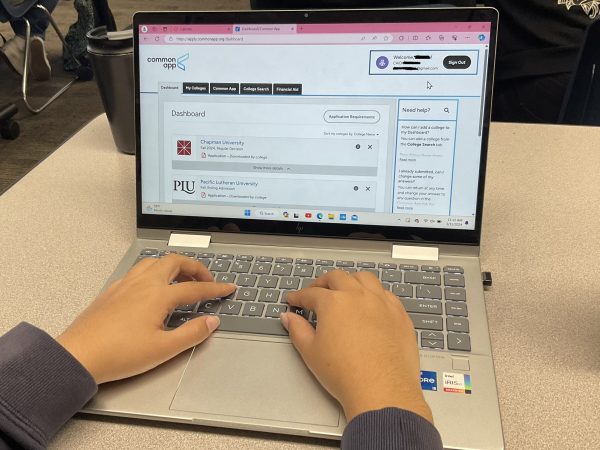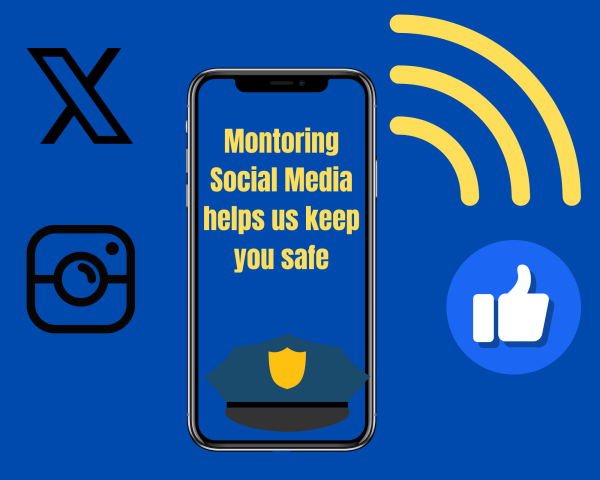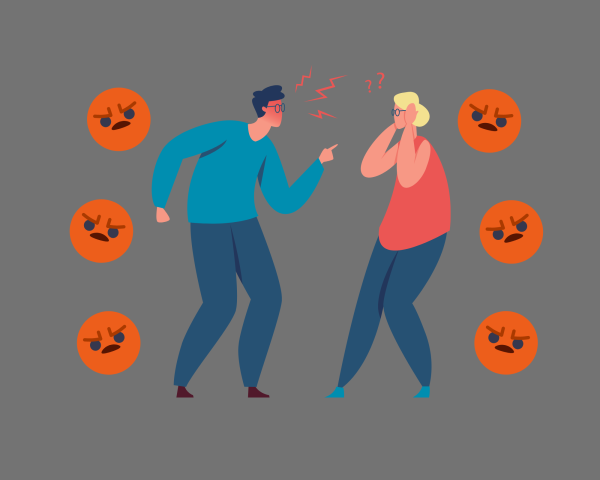Rated M for mature
As the gore and violence in video games are becoming normalized, people are beginning to think that violent video games can make a person’s behavior more aggressive or are likely to increase vicious actions. Contrary to this, research shows that video games can stimulate the brain. The interaction with puzzles and strategies helps the brain develop a certain skill and keep the brain activity flowing. Games like the Fallout series, where you have to analyze what you say or do, can be challenging because it affects your character. Another type of video game can make you analyze a certain character’s movement to defeat the character or a boss. This requires the player to think about their strategies over and over again.
Gamers intensely look at a screen for hours, which might strain their eyes. Despite this thought, it actually makes their vision better to an extent , because they pay close attention to small details. This makes them more aware of the smaller things in their view, however if a gamer plays 12 hours straight everyday, then it’s really harmful visually. In a study from the University of Rochester, a simple control group experiment was conducted. Half of the students played Call of Duty 2, an action game, and the other half played The Sims 2, a simulation game, which requires less hand-eye coordination. “According to Daphne Bavelier, a professor of brain and cognitive sciences, at the end of the trial, the action game players showed an average 43 percent improvement in their ability to discern close shades of gray, while the Sims players showed none.” This showed that the players were able to condition their eyes to see shades or things that a nonplayer wouldn’t. “Bavelier also found very practiced action gamers became 58 percent better at perceiving fine differences in contrast.” A friend in class had asked me, “ How can you see your computer screen with the brightness so low ?”. It made sense that I paid attention to the darkness of my screen because I was conditioned to it.
A majority of gaming is multitasking; a player might have to analyze another player’s strategy while also figuring it’s weak points. This can challenge the brain in a new, innovative way. In an article from Psychology Today, “A new study has found that video gaming can stimulate neurogenesis (growth of new neurons) and connectivity in the brain regions responsible for spatial orientation, memory formation and strategic planning, as well as, fine motor skills.” It is also said that videogames can be therapeutic to a psychiatric disorder. It helps to develop the brain in a better way.
Bloodborne is a video game that has a particularly morbid theme; it isn’t just a game that conditions a player to kill things and spill blood mindlessly. Instead, the storyline is blurred and broken into a puzzle that players have to analyze deeply in order to understand. Upon gaining insight on what the game is about and its meaning, players are constantly trying to adapt and learn patterns in the way enemies attack or try to find ways to navigate through twisted labyrinths. I can say that I am interested in the story and design of the game rather than the defeating of beasts. I can also explain that it has made me analyze things over until I find the right method.
I interviewed my fellow students. Every single student I interviewed said that video games do not give or increase violent actions. Saul Ocampo, senior, brought up an interesting idea. “Madden won’t make you a pro-football star and surgeon simulator doesn’t make you a surgeon.” Hearing this, I understood that my classmates had the same thoughts as I do . This made the other people I interviewed stand in awe realizing what he had said made sense. Brandon Eichert, senior ,stated, “Video games release aggression towards the game, not to other people. We know it’s not real.”Gamers realize the difference between the virtual world and the real word. Most take out any aggression or stress on the game itself. Senior Carlos Lopez stated, “ We watch movies about killers or something violent , but people don’t make the same argument about it changing a person behavior.” If we are going to talk about how bad video games are because they are violent then where’s the conversation about morbid movies, TV shows, and even gruesome news broadcasts
I interviewed about ten teenagers. Almost all mentioned that people who become influenced heavily by video games are because of a mental illness that causes those types of aggression. The news blames video games for the violence amongst teens, yet most are uninfluenced by the games they play.
I wanted to see the adult’s perspective on this, so I asked a few parents. Lopez’s mother said that, “ It depends on the person whether they are strong or weak minded.” Brandon Eichert’s mother also said, “it depends on the person. It’s up to the parents to use good judgment and to be involved with their kids, I wouldn’t be letting my kids play violent video games if I saw violent tendencies from people. It’s really important for the parents to be involved.”
There are options for concerned parents. Games have ratings, and if they feel a game is too vulgar, it’s more likely that it is an M rated game or a game not in their age range. Games have a vast variety of different rated games. If parents feel the need to protect the child, they should look at the rating of the games that they want. Parents have the ability to restrict a child’s type of game. I am not saying a six-year-old should play violent games. There is no excuse for a parent to say that a violent video game affects their small child because they have the ability to control it.
I believe that with older points of views, there will always be a generation gap. Parents won’t understand why their child plays a game for hours, and because of this, I believe that they hold their own bias. Parents may believe that their child is wasting time on a game instead of doing something more productive. This perspective should be changed because a video game could be challenging and stimulating.

Fun Facts:
I learned how to swim at 17.
I like Dad jokes. "How do you make a Kleenex dance? Put a boogie in it."
I also like Fallout.












